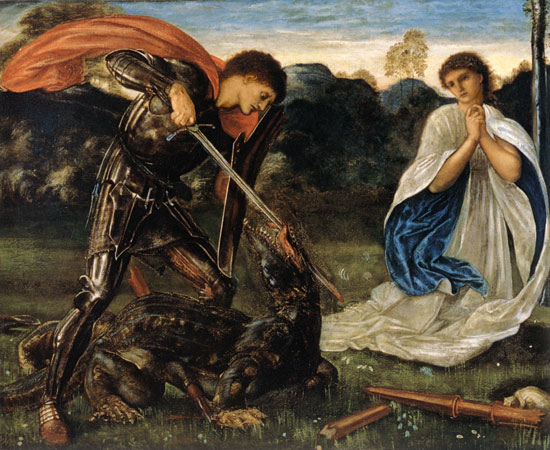Here's my response:
Receiving such messages via a computer - and from complete strangers, no less - often frustrates me, and always saddens me. But I've discovered that these situations are really blessings in disguise. Not only do they force me to think through, articulate and defend my beliefs, but they give me the opportunity to witness.'The great theologian and philosopher C. S. Lewis once asserted that “love is something more stern and splendid than mere kindness.”
What’s he saying here? That kindness is unimportant? That we can stop being nice to each other, because it doesn’t really matter? No: just that kindness alone can’t be considered the epitome of love. It is only one side of a multi-faceted gem. Sometimes things must be put before comforting expressions of affection – things like truth. Love does not, and never can mean simply letting someone do whatever they want. Failing to interfere when someone is about to make a bad decision isn’t called love, it’s called cowardice. It seems that true love is often tough love.Ok, now consider this. In my class on the theology of healing this semester, one of the many wonderful texts we’ve been studying is Peter Kreeft’s Making Sense Out of Suffering. In it, at some point, he talks about the ancient Greek philosophers’ understanding of the meaning of happiness. To them, happiness is not a mere emotion. Rather, it is a state of being. The Greek word for happiness is eudaimonia, which means “good spirit” or “good soul”. Whether or not one is authentically “happy” is dependent upon his moral state. And thus, to these great thinkers, there existed much greater evils than to suffer, or even to die. To sink into moral depravity is the greatest evil – and greatest killjoy, if you will – imaginable.To quote Kreeft: “What is the greatest good? What gives our lives meaning? What is our end? Modernity answers, feeling good. The ancients answer, being good…Furthermore, the most popular modern answer to the question of what it means to be a good person is to be kind. Do not make other people suffer. If it doesn’t hurt anyone, it’s O.K. By this standard, God is not good if he lets us suffer. But by ancient standards, God might be good even though he lets us suffer, if he does it for the sake of the greater end of happiness, perfection of life and character and soul, that is, self.” (Making Sense Out of Suffering, 1986, pp 64-65.)See, you speak of “compassion”. I suppose that if, faced with a frightened, distraught, confused pregnant woman, I could convince myself that it would be “compassionate” towards her to support her in getting an abortion. But oh, wouldn’t I feel like a hypocrite? And wouldn’t I be one, showing her “kindness”, at the expense of her own child’s life? Forced to choose one or the other, feeling good can never be chosen over being good. Emotions are fleeting. Your substance – well, that’s who you are.'
What do you think about the issues this woman brought up? How would you respond? Share below!
image: Charon and Psyche (detail) by John Roddam Spencer Stanhope
.jpg)



